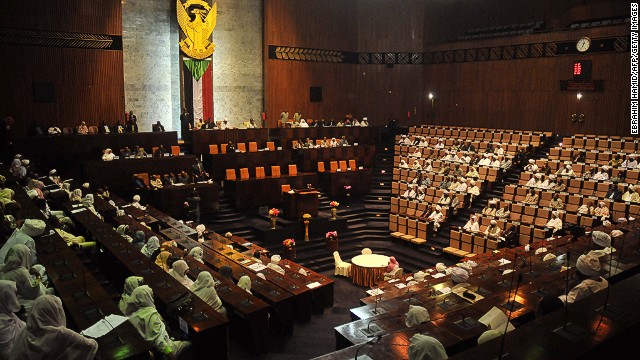The study traced the pattern of political transformations between transitional alliances in Sudan (2019-2022) and their impact on external interventions. It hypothesized that the alliances were hybrid and fragile, failing to manage the diversity of elite strategies, which led to the implementation of policies that heightened tensions during the democratic transition and opened the door to external interventions. The alliances between civilian and military forces were short-lived and irregular, with narrow interests overshadowing national priorities, ultimately leading to the outbreak of war in April 2023. The study highlights that Sudan's stability requires a consensual management of alliances, which, in turn, influences the organization of interactions at the external level.




